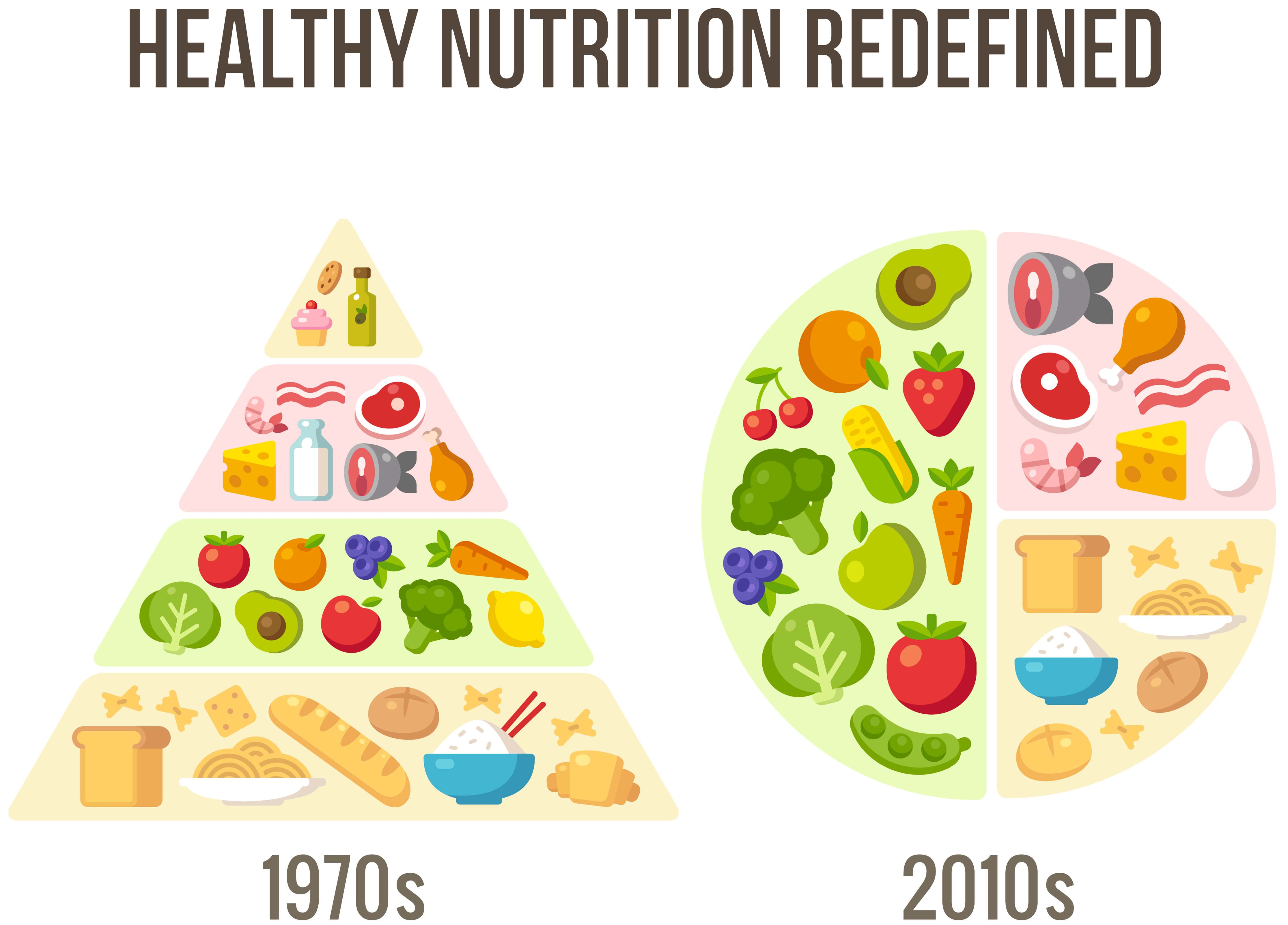Veggies Have No Heart-Health Benefits, According To A New Study. Nutritionists Are Divided.

According to a new study that has sparked strong reactions from critics, eating vegetables may not help protect you against heart disease. A study of nearly 400,000 British adults’ diets discovered that raw vegetables, but not cooked vegetables, could benefit the heart.
However, when the researchers took into account lifestyle factors such as physical activity, smoking, drinking, fruit consumption, red and processed meat consumption, and use of vitamin and mineral supplements, the researchers found that any heart-related benefit from vegetables vanished completely. The findings were published in the journal Frontiers in Nutrition on February 21.
The findings contradict a slew of previous studies that show a plant-based diet is good for your heart and overall health, including a recent study that found eating more vegetables, legumes, whole grains, fruit, and nuts could extend a young person’s life by 13 years. It’s no surprise, then, that the new study elicited a strong response from experts.

“Although this study found that eating more vegetables was not associated with a lower risk of heart and circulatory diseases once other lifestyle and other factors were considered,” Victoria Taylor, senior dietitian at the British Heart Foundation, told CNN.”There is good trial evidence that eating foods high in fibre, such as vegetables, can help lower weight and improve levels of risk factors associated with heart disease,” Naveed Sattar, a professor of cardiovascular and metabolic medicine at the University of Glasgow, told CNN.
“The current observational study cannot overcome such evidence, and its conclusions are debatable because the authors may have over-adjusted for factors that explain lower vegetable intake.”According to one American nutrition expert, the picture of heart health is far more complicated than a single factor.”The outcomes are unsurprising. Choosing a single component and assuming that simply adding it to the diet, such as vegetables, will not likely result in the desired effect “CNN spoke with Alice Lichtenstein, director and senior scientist at Tufts University’s Cardiovascular Nutrition Laboratory.

“One thing that has become clear over the last decade is that we should not be looking at single foods or nutrients, but rather the overall dietary pattern,” Lichtenstein added.”The best advice we can give people is to focus on their entire diet, what foods to emphasise and what foods to avoid,” Lichtenstein said. “In general, I believe the data continues to support the beneficial effects of a diet high in fruits and vegetables, whole grains, legumes, fish, fat-free and low-fat dairy, and low in added sugar and salt.”Dietary guidelines in the United States recommend that most adults consume 1.5 to 2 cups of fruit and 2 to 3 cups of vegetables per day as part of a healthy diet. By converting cups to tablespoons, a healthy vegetable intake would include up to 48 tablespoons of vegetables per day.








